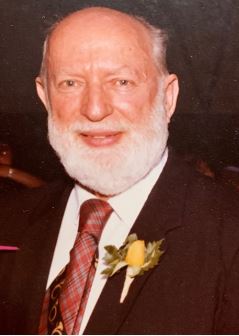Did you know that more than one-third of all food is wasted? That would not make my parents happy.
For many years I was proud of myself when I finished all the food on my plate. I pleased my dad, who insisted that we not waste food. Also, I enjoyed eating.
When I graduated from high school, I weighed 207 pounds. Later I ballooned to 278 pounds, which I reduced to 220 through healthy lifestyle changes. The scale this morning displayed 192.6.
At a nice restaurant yesterday, I ordered a BLT sandwich for lunch. Half of that sandwich is now in my refrigerator.
Finishing everything on my plate was a long-term habit which I have finally discarded. How did I do that?
I’ll give full credit to the nutritionist I worked with, who made a life-changing suggestion.
“Eat half your sandwich, open face, at lunch, and the other half in the late afternoon,” she said.
What a revolutionary idea. Unlike my father she did not grow up in the Great Depression. Unlike my mother, she didn’t believe that how I ate would have an impact on “the starving children in China.” My mother never did explain exactly how wasted food at our house would magically feed the children of China, but we all use many arguments in life that are unrealistic. For whatever reasons, I consumed too much food for most of my life.
Every one of us grows up with ideas on how we should do things. I was startled one morning when I walked into the kitchen to find my young son Steven kneeling on the kitchen counter next to the cook top frying an egg. He wasn’t tall enough to reach the stove, but he solved the problem in his own way.
My son no longer kneels on the countertop to cook. But many habits have a way of continuing long past the day of their usefulness.
Do you still finish everything on your plate?
Years ago, I was told a story about a girl whose mother taught her to cut off both ends of the roast before cooking it. As an adult, she discovered that this family practice had begun with her great-great grandmother, whose oven was too small for the entire roast.
I hereby give you permission to leave as much food as you like on your plate.
And you can give yourself permission to revise every one of your other life rules, notably those that no longer work for you.
Alan



